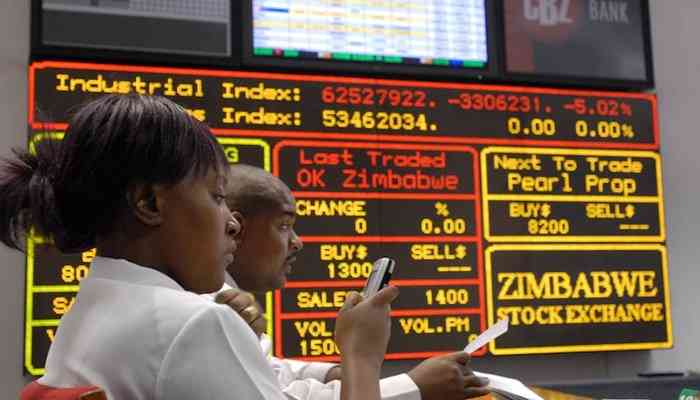
In recent years, it has been increasingly said that there is little or no difference between trading and gambling. Prediction markets, including classic sports betting, strongly resemble the behavior of traders in the market in reaction to the movement of stocks and indices. One could say that many traders increasingly resemble gamblers. While the latter play live casino games advertised here, traders try to guess in real time whether stocks will go up or down.
In the fall of 2022, the Zimbabwe Stock Exchange experienced a severe downturn due to limited trading activity. As a result, the rating dropped from 29,441 to 15,023.
According to experts, declining stock prices would entail the risk of outside takeovers, so "raids" - actions aimed at grabbing a large number of company shares in spite of their management - can be expected on large companies. Market competitors generally have one advantage over each other: time.
For example, when one company gets into a short-term crisis, the other allocates a certain budget and begins buying its shares. And the parties do not communicate directly but hire special trading agents.
The buyers offer the existing shareholders a good price for their shares, making similar offers to several shareholders at once. As a result, most of the shares are taken over by the company's competitors, which can destroy the company from the inside.
This is why company executives need to have a relationship of trust with their shareholders and accept only trusted partners into their ranks.
One effective way for companies to protect their interests is to buy back shares from the stock exchange at current prices. This may not be the best option in the long term, but at least these shares will not be available to anyone else.
In other cases, share buybacks are carried out to reward shareholders, adjust capital, or for various other reasons.
- Mujuru, daughter in bitter wrangle
- 5 best forex trading strategies for Africans
- Mujuru, daughter in bitter wrangle
- Pleas to reopen borders
Keep Reading
In addition, companies can guarantee their shareholders a good premium if they do not sell the stock in a crisis. If the premium is higher than the offer from competitors, shareholders are not likely to betray the company for profit.
Of course, such advice is already known to executives of large companies, but practice shows that even they do not always help to cope with the crisis. Sometimes competitors' offers to existing shareholders are not so much about immediate benefits as they are about benefits expressed in the






